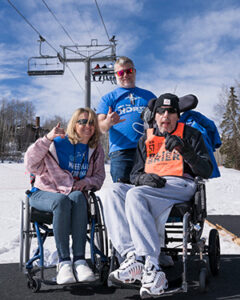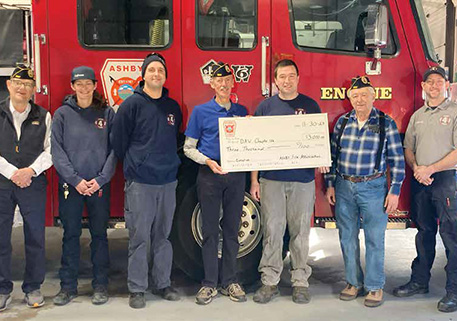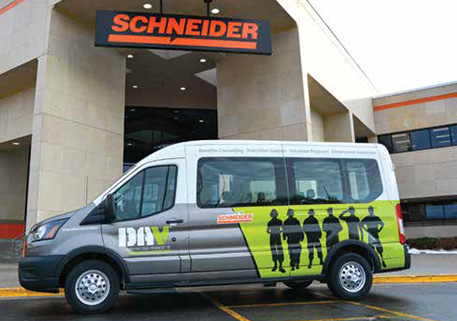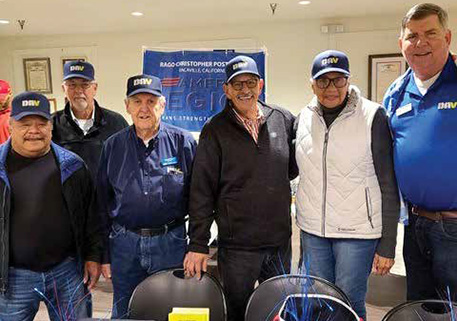 After a yearlong deployment to South Korea, Army mortarman Jeremy Miller finally returned home to his wife, Viola, at Fort Campbell, Kentucky. She was in her last semester of college, and life was going great for the young couple—until one day in June 1996.
After a yearlong deployment to South Korea, Army mortarman Jeremy Miller finally returned home to his wife, Viola, at Fort Campbell, Kentucky. She was in her last semester of college, and life was going great for the young couple—until one day in June 1996.
During a training exercise with the 101st Airborne Division, one of the main rotors of the Black Hawk that Miller was in collided with another helicopter, causing both airframes to fall from treetop level. The crash killed six people and injured 30 more.
Viola still remembers hearing about it on the local news.
“I knew Jeremy was in a helicopter training exercise and I feared for the worst,” Viola said. “I had not been notified of anything, so I was hopeful he was alright, but that all changed when the cameraman panned over to the medevac at the hospital. I instantly recognized Jeremy on the stretcher, thanks to one of his tattoos, and my heart just sank.”
Miller was immediately transported to the trauma unit at Nashville’s Vanderbilt University Medical Center. Doctors there didn’t think he would survive. His injuries—which ultimately led to the loss of use of both feet; impairment to his arms, field of vision, and digestive system; cranial nerve paralysis traumatic brain injury with dementia; and an esophagus injury that left him nonverbal—were so significant that he was in and out of a coma.
Two months after the accident, Miller was transferred to James A. Haley Veterans’ Hospital in Tampa, Florida, for rehabilitation and medically retired from the Army in April 1997.
Even with years of rehabilitation, Miller needs full and total care from Viola and others.
Several years ago, while at the Tampa VA, Viola met the mother of another catastrophically injured Veteran who told her about the National Disabled Veterans Winter Sports Clinic and encouraged Viola to apply on her husband’s behalf.
Since 2012, the Millers have been regulars at the Winter Sports Clinic. Jeremy participates in snowmobiling and curling, but his favorite activity is using adaptive skis to hit the slopes.
“The Winter Sports Clinic opened up a whole new world for Jeremy,” Viola said. “It’s absolutely amazing to see what he can do and what all the other athletes can accomplish when they are here. It’s really something special to be a part of.”
Caregivers like Viola, are unsung heroes and their contributions enhance veterans’ quality of life. Learn how DAV Caregivers Support can help you care for your loved one when you return home after the clinic: http://www.davcaregivers.org/.






